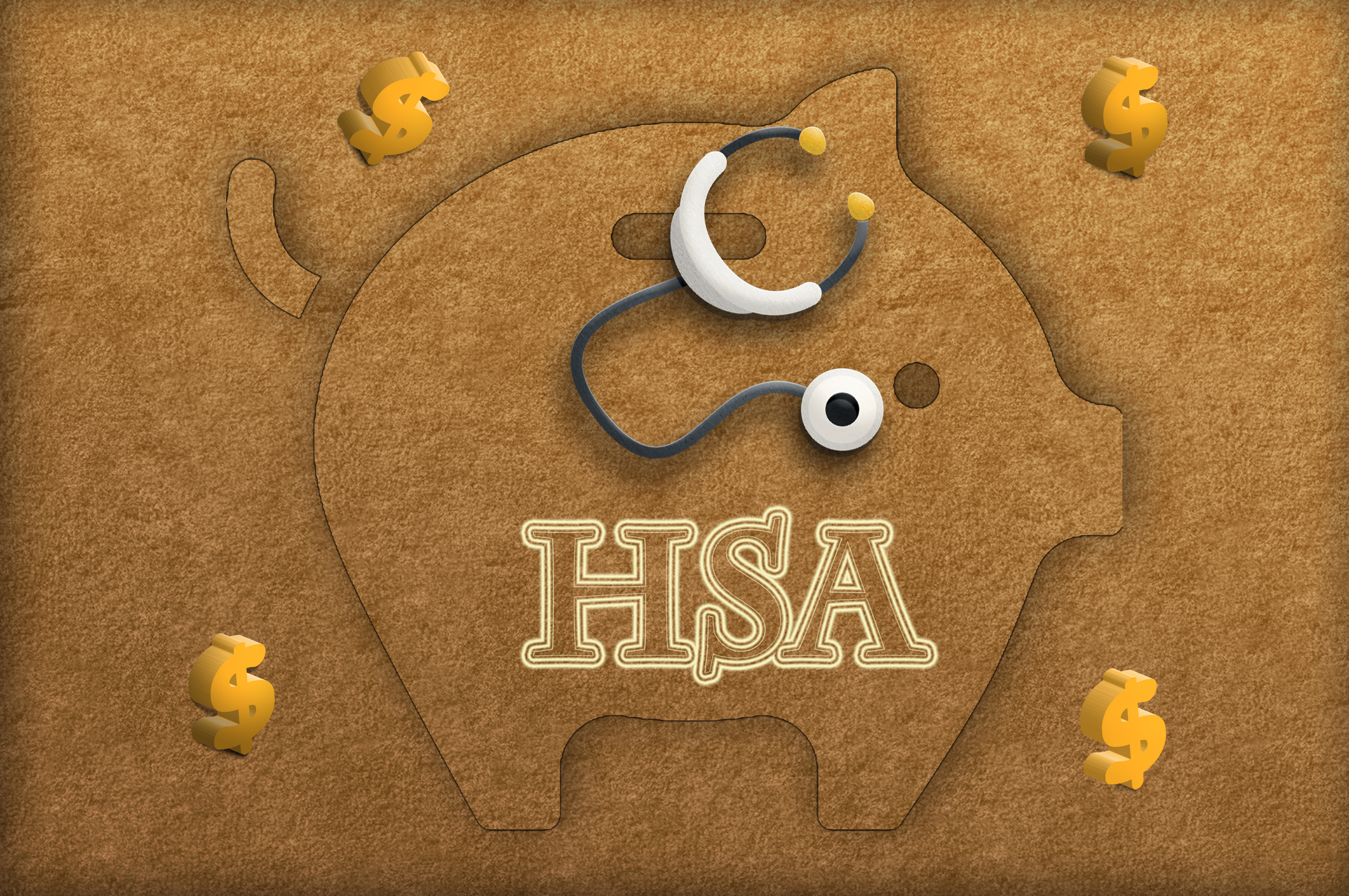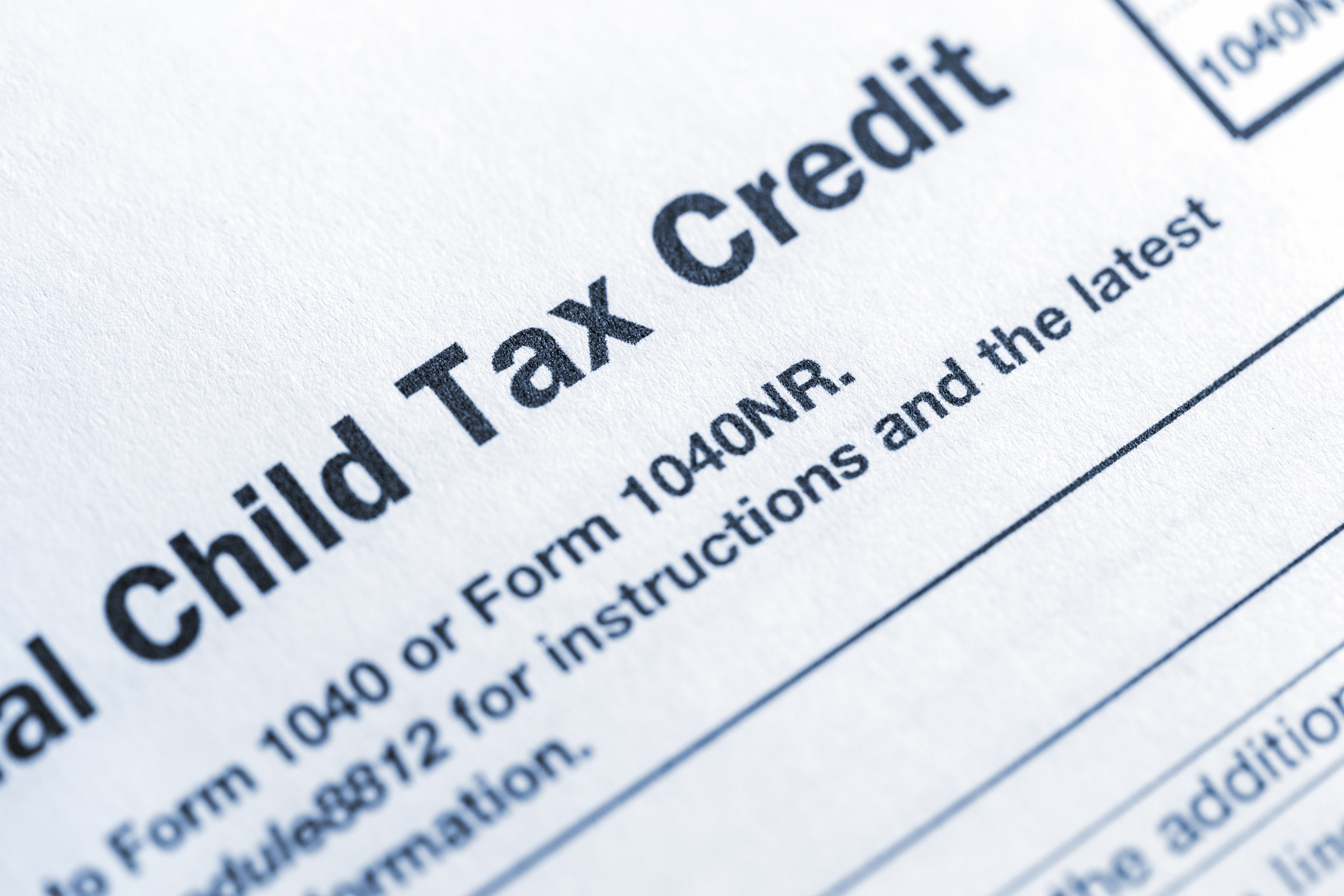Stimulus Countdown
Kimberly Lankford discusses if you can still cash in on the home and auto tax breaks od the stimulus.

Profit and prosper with the best of Kiplinger's advice on investing, taxes, retirement, personal finance and much more. Delivered daily. Enter your email in the box and click Sign Me Up.
You are now subscribed
Your newsletter sign-up was successful
Want to add more newsletters?

Delivered daily
Kiplinger Today
Profit and prosper with the best of Kiplinger's advice on investing, taxes, retirement, personal finance and much more delivered daily. Smart money moves start here.

Sent five days a week
Kiplinger A Step Ahead
Get practical help to make better financial decisions in your everyday life, from spending to savings on top deals.

Delivered daily
Kiplinger Closing Bell
Get today's biggest financial and investing headlines delivered to your inbox every day the U.S. stock market is open.

Sent twice a week
Kiplinger Adviser Intel
Financial pros across the country share best practices and fresh tactics to preserve and grow your wealth.

Delivered weekly
Kiplinger Tax Tips
Trim your federal and state tax bills with practical tax-planning and tax-cutting strategies.

Sent twice a week
Kiplinger Retirement Tips
Your twice-a-week guide to planning and enjoying a financially secure and richly rewarding retirement

Sent bimonthly.
Kiplinger Adviser Angle
Insights for advisers, wealth managers and other financial professionals.

Sent twice a week
Kiplinger Investing Weekly
Your twice-a-week roundup of promising stocks, funds, companies and industries you should consider, ones you should avoid, and why.

Sent weekly for six weeks
Kiplinger Invest for Retirement
Your step-by-step six-part series on how to invest for retirement, from devising a successful strategy to exactly which investments to choose.
I’m planning to buy a first home this year, and I’m also thinking about purchasing a new car. Do I still have time to take advantage of tax breaks from the economic-stimulus package that President Obama signed into law last February?
R.S., via e-mail
| Row 0 - Cell 0 | The New Roth Rollover Rules |
| Row 1 - Cell 0 | More Roth Rollover Answers |
| Row 2 - Cell 0 | Why You Need a Roth IRA |
Yes, but you’ll have to scramble to take advantage of the $8,000 first-time home-buyer credit. To qualify, you must close on a home no later than November 30.
From just $107.88 $24.99 for Kiplinger Personal Finance
Become a smarter, better informed investor. Subscribe from just $107.88 $24.99, plus get up to 4 Special Issues

Sign up for Kiplinger’s Free Newsletters
Profit and prosper with the best of expert advice on investing, taxes, retirement, personal finance and more - straight to your e-mail.
Profit and prosper with the best of expert advice - straight to your e-mail.
You’re considered a first-time home buyer if you (and your spouse, if you’re married) haven’t owned a home in the past three years. The credit begins to phase out if your modified adjusted gross income is more than $75,000 (or $150,000 if you’re married filing jointly), and it disappears if your income exceeds $95,000 if you’re single (or $170,000 if married filing jointly).
You don’t have to pay back the credit as long as you live in your home for at least three years. After you close on the house, you can get the $8,000 refund more quickly if you claim the credit for a 2009 purchase on an amended 2008 tax return (download Form 1040X at www.irs.gov).
The stimulus plan also lets you write off state and local taxes and excise taxes paid on up to $49,500 of the cost of a new car you buy between February 17 and December 31, 2009. If you live in a state that doesn’t have a sales tax, you still get a tax break if your state imposes a flat fee on the purchase of vehicles or a fee based on the price you pay.
The tax deduction is phased out for taxpayers with modified AGI between $125,000 and $135,000 (between $250,000 and $260,000 for married couples).
Behind the death-panel hype. I’ve heard a lot about the “death panels” in the health-care legislation that would ration care for the elderly. Is this accurate? B.H. Baltimore
The U.S. House of Representatives health-reform bill says nothing about death panels. The provision in the bill that fed the rumors would permit doctors to be paid once every five years for an “advance care planning consultation” with Medicare beneficiaries. That includes discussions about living wills, health-care proxies and other steps to inform your family members and doctors of your wishes regarding medical decisions in the event that you cannot make those decisions yourself.
No matter what happens with this portion of the legislation, it’s a good idea to talk with your doctor about these issues and know your options. Then have a lawyer draft a living will and a durable power of attorney for health care -- the legal documents that make your wishes known.
You can find a lawyer through the National Academy of Elder Law Attorneys (www.naela.org). For more information about advance directives, go to the estate-planning section of www.nolo.com. Withdrawing retirement savings.
To fund my retirement account, I used dollar-cost averaging, making deposits at regular intervals for more than 40 years. Now I must start withdrawing my savings. What is the best strategy for withdrawals during retirement? Lew Strumpf Putnam Valley, N.Y.
In general, you should withdraw 4% of your savings during your first year of retirement and increase the dollar amount to adjust for inflation each year after that. This strategy helps your savings last through bear markets. But given the magnitude of the 2007Ð09 cataclysm, consider skipping the annual inflation adjustment until your account balance rebounds. If your losses were severe, you may want to reset your withdrawal schedule and take 4% of the new, lower balance, so that your remaining assets have more time to recover.
Next, decide which accounts to tap and when. Generally, you’ll want to keep your tax-advantaged money earning returns longer, so it’s smart to start with your taxable accounts. Uncle Sam taxes gains from the sale of investments you have held more than one year at a maximum rate of 15%, and you can use losses to offset gains and up to $3,000 of ordinary income. (If you can limit your taxable income to $33,950 -- $67,900 for married couples -- in 2009, you’ll pay no tax on your capital gains.) Next, tap tax-deferred accounts, such as traditional IRAs and 401(k) plans, which are taxed at your ordinary income-tax rate. You’ll have to start withdrawing from these accounts by the time you reach age 701/2 (except this year because the required minimum-distribution rule was suspended for 2009). Save your tax-free Roth accounts for last. Because Roth IRAs don’t require you to take distributions, you can build up a nice legacy to leave to your heirs tax-free.
Finally, consider how you want to allocate your assets. While dollar-cost averaging can be a cost-effective way to build a nest egg, the reverse strategy can hurt you if you are withdrawing funds from declining assets. By diversifying your investments, you can pull money out of your winning assets and allow the losers time to rebound. Of course, any withdrawal will change your overall asset mix, so you’ll have to rebalance your portfolio regularly to bring it back in line with your investment goals. If you need help, T. Rowe Price has a free retirement-income calculator at www.troweprice.com/retirementcalc.
Credit scores and insurance. Our auto-insurance company increased our premium by $150 per year based on our credit score. Can it do that? D.B. via e-mail
In most states it can. In fact, many insurers changed their pricing models over the past few years to make credit scores a much larger factor in setting auto- and homeowners-insurance premiums. Insurers have found a strong correlation between credit scores and claims: People with low scores are a lot more likely to file insurance claims than people with high scores, and drivers with the best credit scores are involved in fewer accidents than those with the worst credit scores.
In the wake of the economic turmoil, some states have adopted laws requiring insurers to let people request an exception to the credit-based rating because of extraordinary circumstances that have affected their credit score -- such as serious illness or injury; death of a spouse, child or parent; divorce; identity theft; temporary loss of employment; or military deployment overseas.
But even if you live in a state that hasn’t adopted a law, let your agent or insurer know about any life-changing events that have affected your credit score -- before you apply for a policy. Some companies check your credit score only when setting your rate as a new customer; others review your score once a year.
My thanks to Tom Anderson for his help this month.
Profit and prosper with the best of Kiplinger's advice on investing, taxes, retirement, personal finance and much more. Delivered daily. Enter your email in the box and click Sign Me Up.

As the "Ask Kim" columnist for Kiplinger's Personal Finance, Lankford receives hundreds of personal finance questions from readers every month. She is the author of Rescue Your Financial Life (McGraw-Hill, 2003), The Insurance Maze: How You Can Save Money on Insurance -- and Still Get the Coverage You Need (Kaplan, 2006), Kiplinger's Ask Kim for Money Smart Solutions (Kaplan, 2007) and The Kiplinger/BBB Personal Finance Guide for Military Families. She is frequently featured as a financial expert on television and radio, including NBC's Today Show, CNN, CNBC and National Public Radio.
-
 5 Vince Lombardi Quotes Retirees Should Live By
5 Vince Lombardi Quotes Retirees Should Live ByThe iconic football coach's philosophy can help retirees win at the game of life.
-
 The $200,000 Olympic 'Pension' is a Retirement Game-Changer for Team USA
The $200,000 Olympic 'Pension' is a Retirement Game-Changer for Team USAThe donation by financier Ross Stevens is meant to be a "retirement program" for Team USA Olympic and Paralympic athletes.
-
 10 Cheapest Places to Live in Colorado
10 Cheapest Places to Live in ColoradoProperty Tax Looking for a cozy cabin near the slopes? These Colorado counties combine reasonable house prices with the state's lowest property tax bills.
-
 9 Types of Insurance You Probably Don't Need
9 Types of Insurance You Probably Don't NeedFinancial Planning If you're paying for these types of insurance, you may be wasting your money. Here's what you need to know.
-
 The 'Scrooge' Strategy: How to Turn Your Old Junk Into a Tax Deduction
The 'Scrooge' Strategy: How to Turn Your Old Junk Into a Tax DeductionTax Deductions We break down the IRS rules for non-cash charitable contributions. Plus, here's a handy checklist before you donate to charity this year.
-
 New IRS Changes to FSA Contribution Limits for 2026: What to Know
New IRS Changes to FSA Contribution Limits for 2026: What to KnowHealth Care Flexible Spending Accounts have tax advantages worth looking into, especially in light of new IRS changes.
-
 Is a New $25,000 Health Care Tax Deduction Coming in 2026?
Is a New $25,000 Health Care Tax Deduction Coming in 2026?Tax Policy A proposal from GOP Sen. Josh Hawley adds to the chatter about health care affordability.
-
 An HSA Sounds Great for Taxes: Here’s Why It Might Not Be Right for You
An HSA Sounds Great for Taxes: Here’s Why It Might Not Be Right for YouHealth Savings Even with the promise of ‘triple tax benefits,’ a health savings account might not be the best health plan option for everyone.
-
 How the 2025 Child Tax Credit Rules Impact Single Parents
How the 2025 Child Tax Credit Rules Impact Single ParentsTax Credits New changes to family tax credits, like the Child Tax Credit, will impact the eligibility of some households.
-
 Money for Your Kids? Three Ways Trump's ‘Big Beautiful Bill’ Impacts Your Child's Finances
Money for Your Kids? Three Ways Trump's ‘Big Beautiful Bill’ Impacts Your Child's FinancesTax Tips The Trump tax bill could help your child with future education and homebuying costs. Here’s how.
-
 Key 2025 Tax Changes for Parents in Trump's Megabill
Key 2025 Tax Changes for Parents in Trump's MegabillTax Changes Are you a parent? The so-called ‘One Big Beautiful Bill’ (OBBB) impacts several key tax incentives that can affect your family this year and beyond.